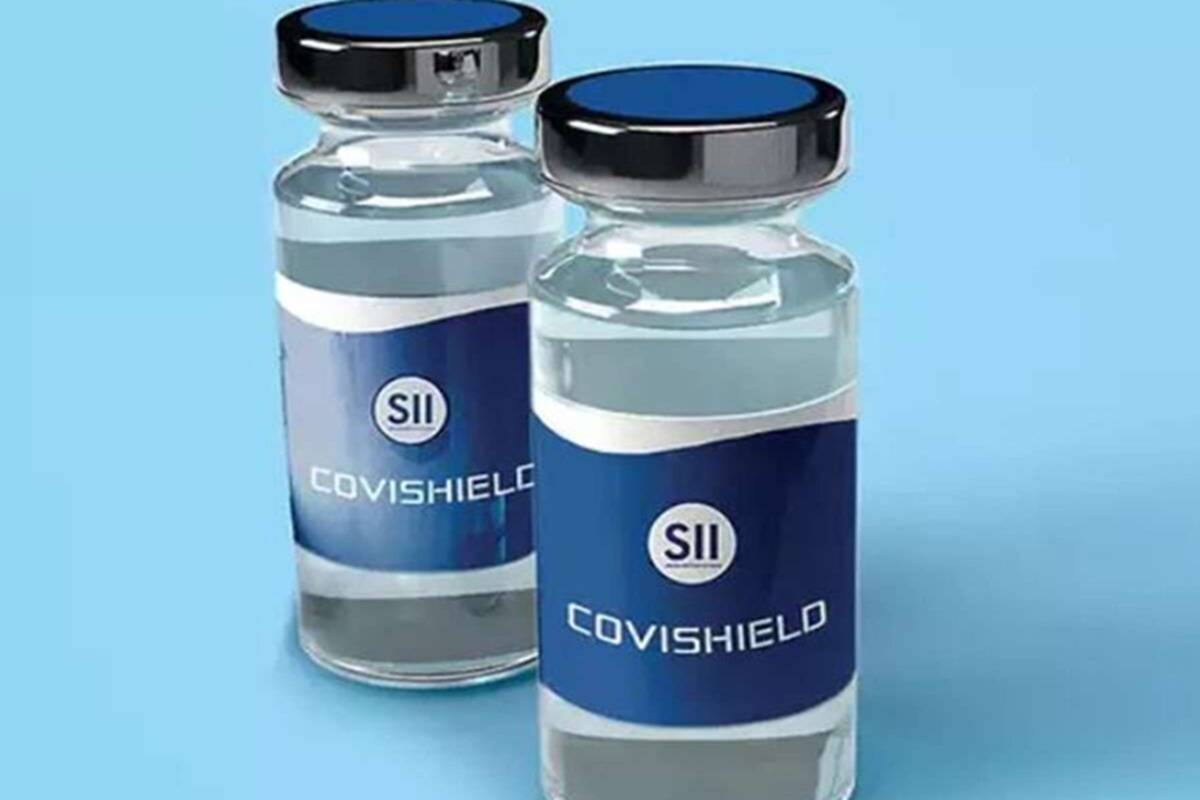A preliminary study by Coronavirus Vaccine-induced Antibody Titre (COVAT) found out that the Covishield vaccine produced more antibodies than Covaxin. The study involved healthcare workers (HCW) who have received both doses of either of the two vaccines.
In Covishield recipients, the seropositivity rates to anti-spike antibody were significantly higher as compared to that in Covaxin recipients after the first dose, as claimed by the study.
It said that both vaccines Covishield and Covaxin elicited a good response after two doses. But seropositivity rate and median anti-spike antibody were significantly higher in Covishield.
Also Read: Get revaccinated; US universities tell Indian students who took jabs of Covaxin & Sputnik V
The study said, “Amongst the 552 HCW (325 Male, 227 Female), 456 and 96 received the first dose of Covishield and Covaxin respectively. Overall, 79.3 per cent showed seropositivity after the first dose. Responder rate and median (IQR) rise in anti-spike antibody were significantly higher in Covishield vs Covaxin recipient (86.8 vs. 43.8 per cent; 61.5 vs 6 AU/ml; both p<0.001).”
The study involved those HCWs who have been administered either of the two vaccines, Covishield and Covaxin, and are with or without past history of SARS-CoV-2 infection.
Also Read: An uncertain wait for vaccines by India despite a liberalized regulatory framework
The study also said, “This ongoing, Pan-India, Cross-sectional, Coronavirus Vaccine-induced Antibody Titre (COVAT) study is being conducted amongst HCW, with or without past history of SARS-CoV-2 infection. SARS-CoV-2 anti-spike binding antibody is being assessed quantitatively at four time-points between 21 days or more after the first dose to 6 months after the second dose.”
Also See: New mutants of Coronavirus
On immune responses generated, the study said, “While both vaccines elicited immune response, seropositivity rates to anti-spike antibody were significantly higher in Covishield recipient compared to Covaxin after the first dose. Ongoing COVAT study will further enlighten the immune response between two vaccines after the second dose.”
Important note
The study is a preprint and is being peer-reviewed. It has been submitted to a journal but appears as a preprint in MedrXiv, an online repository. It is among the few studies of the real-world effectiveness of vaccination in India. As of now, the study should not be used to guide clinical practice.





